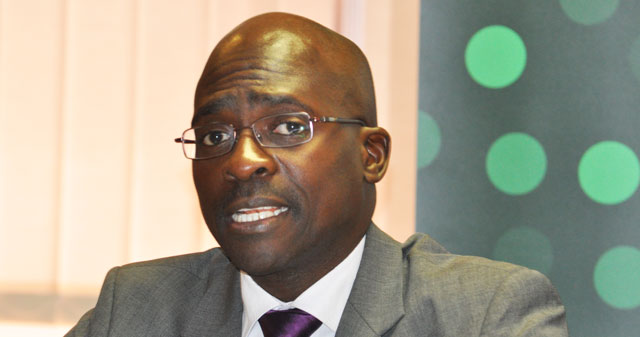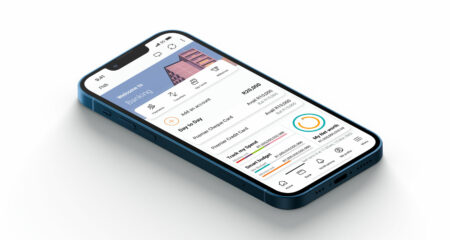
Government, with the help of banks, plans to replace 38m green ID books with smart ID cards within five years.
This is according to home affairs minister Malusi Gigaba, who on Wednesday announced new pilot phases for South Africa’s proposed smart ID card project.
The move to smart ID cards is expected to reduce identity theft, while cutting queues at home affairs’ offices.
Citizens are expected to apply and pay for smart ID cards through a home affairs Web portal, and then collect them from their nearest bank branches.
Since 5 August, Gigaba said smart ID cards have been given to 1 800 banking staff at First National Bank’s Bank City and Standard Bank’s head office in Simmonds Street, Johannesburg. Nedbank has also identified a pilot site at its Sandton head office, which it plans to kick-start in October.
“The next phase of the pilot, scheduled to begin in November of this year, will involve bank customers beginning applications through the e-channel portal, and completing their applications at the bank,” said Gigaba in a speech that was recorded on his Twitter account.
“It will be piloted at two locations per bank. Depending on the success of the pilot, a roll-out plan to additional bank branches and the wider bank client population will be planned for early next year,” he said.
Gigaba further said that home affairs plans to convert 38 of its offices for smart ID card applications.
By the end of the government department’s financial year, home affairs aims to have 178 offices compliant with the system.
However, it is set to depend heavily on banks to spur on this project.
“Our hope is that by accessing the banks’ 20m clients we will dramatically increase the speed, efficiency and convenience of our roll-out,” said Gigaba.
Home affairs has a memorandum of understanding with FNB, Standard Bank and Nedbank regarding the pilot phase.
But Gigaba also said that home affairs is seeking a fourth banking partner while discussions are also taking place with the South African Post Office. — Fin24



